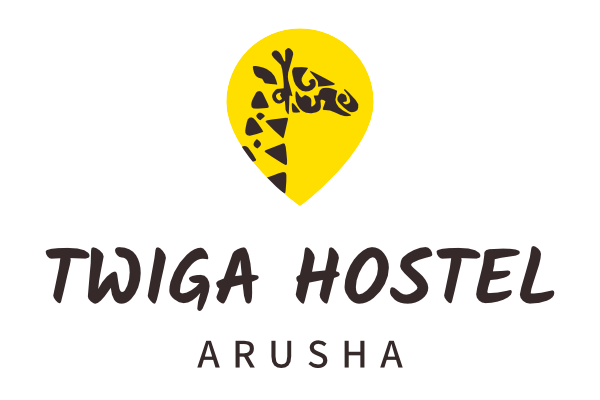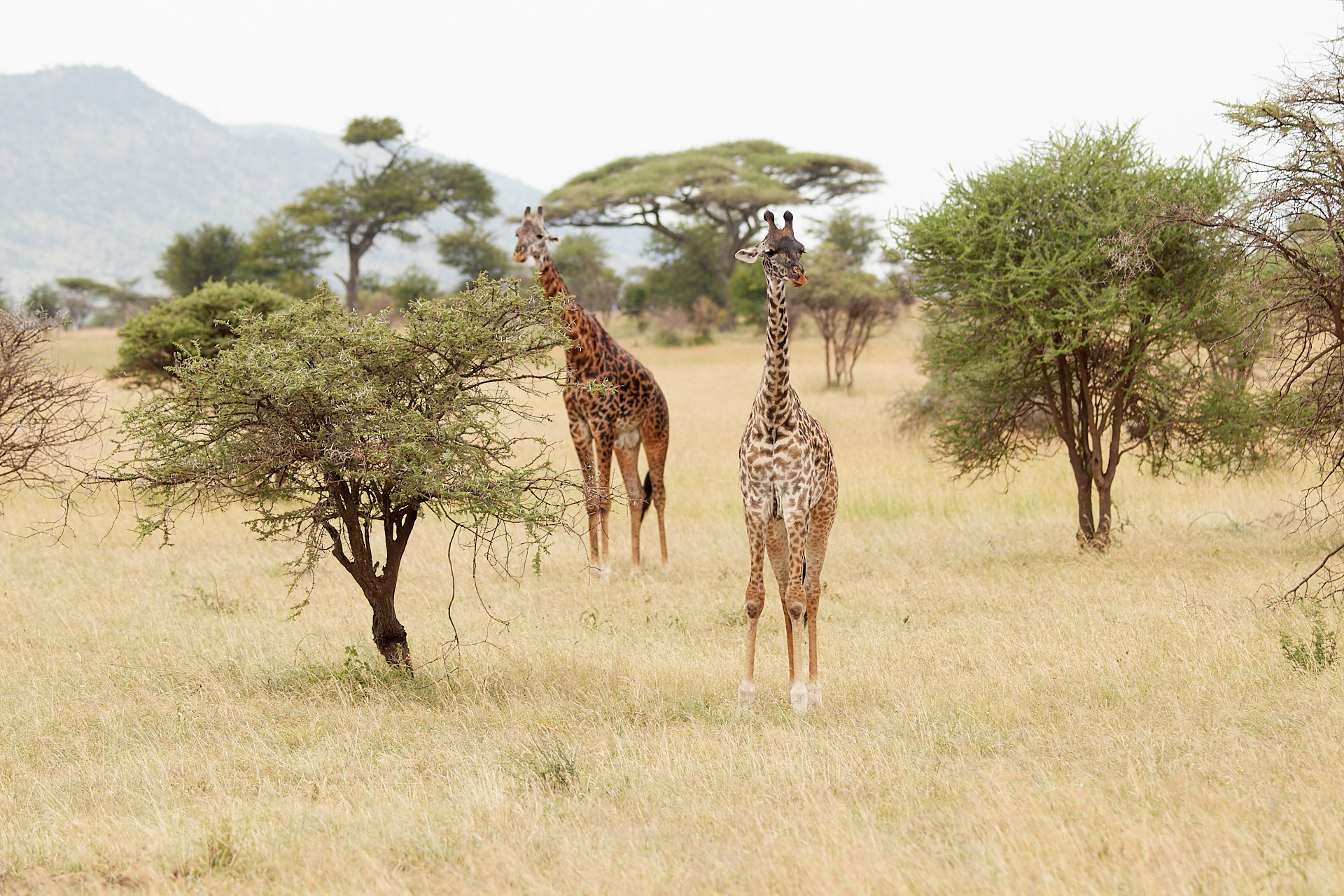
Karibu Tansania
Trip Planning
Tanzania is a diverse and culturally rich nation with a mix of ethnic groups and languages. Tourism is a significant sector for Tanzania, known for its stunning natural landscapes, wildlife, and cultural attractions. The country is home to iconic destinations such as Mount Kilimanjaro, the Serengeti National Park, and the Zanzibar Archipelago. Safaris, trekking, and beach tourism contribute to the country’s appeal, making it a popular destination for travelers seeking diverse experiences.
The following information might help you with your travel planning.
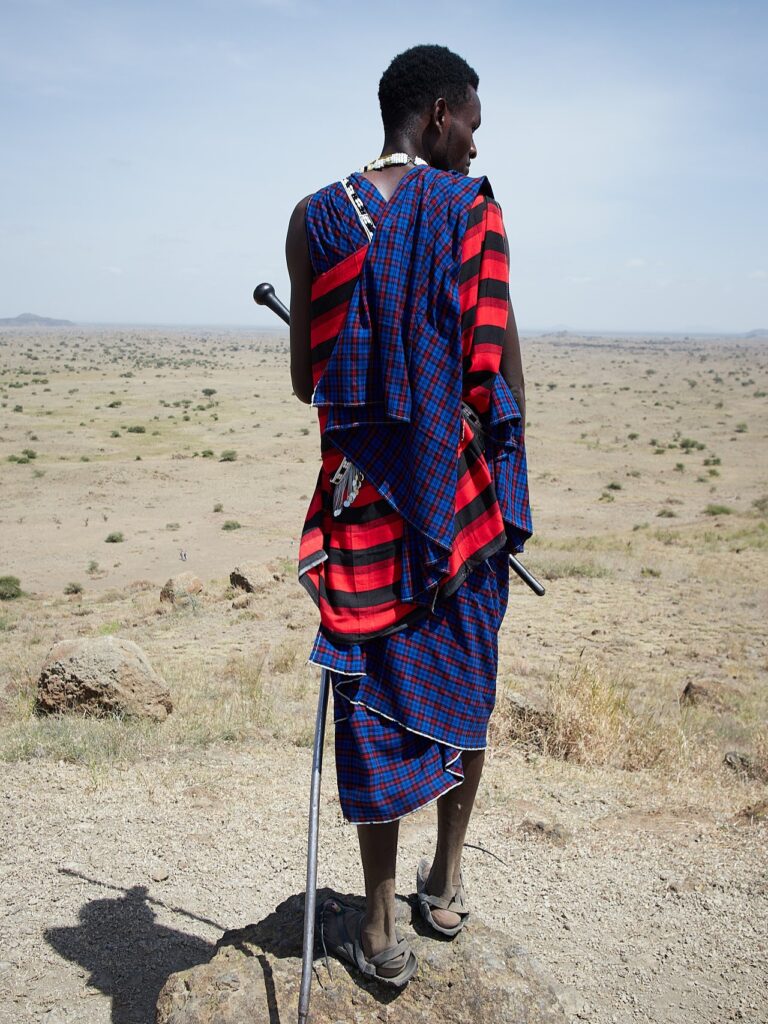
Best travel time in Tanzania
- Dry Season (June to October): This period is generally considered the best time to visit Tanzania. The weather is dry and cool, making it ideal for wildlife viewing. The famous Serengeti migration occurs during these months, particularly in June and July. This is also a good time for trekking Mount Kilimanjaro.
- Short Dry Season (January to February): Another dry season occurs in January and February, making it a good time for safaris, especially in the southern and western parts of the country. This is also a good time for bird watching.
- Green Season (November to December and March to May): This is the rainy season, and while some areas can become challenging to access due to muddy roads, it is a great time for birdwatching, and the landscapes are lush and green. Prices for accommodations may be lower during this time.
- For beach destinations like Zanzibar, the coastal areas, and the islands, the dry seasons are generally the best time to visit. However, the coastal areas can be visited year-round.

Travel Planning
- Valid Passport and Visa: Ensure your passport is valid for at least six months beyond your planned departure date, and get the necessary visa for your stay in Tanzania.
- Visa: You can apply for an a Visa online to visit the United Republic of Tanzania (both Tanzania Mainland and Zanzibar). You are required to fill in the online form, make payment, and submit your application online under: visa.immigration.go.tz
- Vaccinations: Yellow fever vaccination is required for entry into Tanzania; Hepatitis A and B are both recommended for all travelers; Travelers with a potential risk of animal bites or exposure to bats.
- Travel Insurance: Get comprehensive travel insurance that covers medical emergencies, trip cancellations, and other unforeseen events.
- Health Kit essentials: Basic first aid kit, any prescribed medications, insect repellent, and sunscreen.
- Malaria Prophylaxis: Consult with a healthcare professional to determine the most appropriate antimalarial medication for your specific travel plans.
- Comfortable Clothing: Pack lightweight, breathable clothing suitable for warm weather, as well as a jacket or sweater for cooler evenings, especially if you plan to visit higher-altitude areas.
- Power Adapter and Voltage Converter: Tanzania uses the British-style Type G electrical outlets with a voltage of 230V and a frequency of 50Hz. Bring the appropriate adapter and, if necessary, a voltage converter.
- Cash and Credit Cards: While credit cards are accepted in urban areas, it’s advisable to carry some Tanzanian Shillings for transactions in more remote locations or markets.
- Daypack and Water Bottle: A small daypack is handy for day trips, and staying hydrated is crucial in the warm climate, so carry a reusable water bottle.
- Camera and Binoculars: Capture the stunning landscapes and wildlife of Tanzania, and binoculars can enhance your safari experience.

Kiswahili Basics
Tanzanians appreciate it when tourists make an effort to speak their language. Even if you only know a few basic phrases, it can go a long way in fostering positive interactions during your travels.
- Hello – Hujambo (response: Sijambo)
- Thank you – Asante (response: Karibu)
- Yes – Ndiyo / No – Hapana
- Please – Tafadhali
- Excuse me / I’m sorry – Samahani
- Good morning – Habari za asubuhi
- Good afternoon – Habari za mchana
- Good evening – Habari za jioni
- How much is this? – Hii ni bei gani?
- Where is…? – Iko wapi…?
You can also try Duolingo, which is a free online learning software with a Swahili course: www.duolingo.com
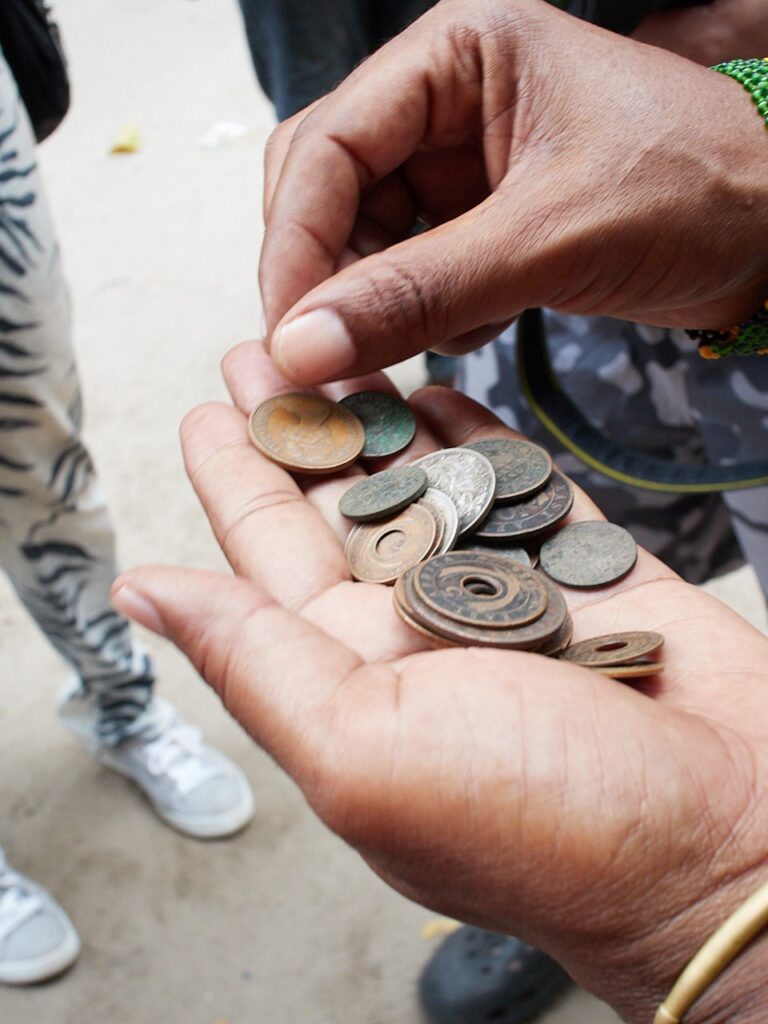

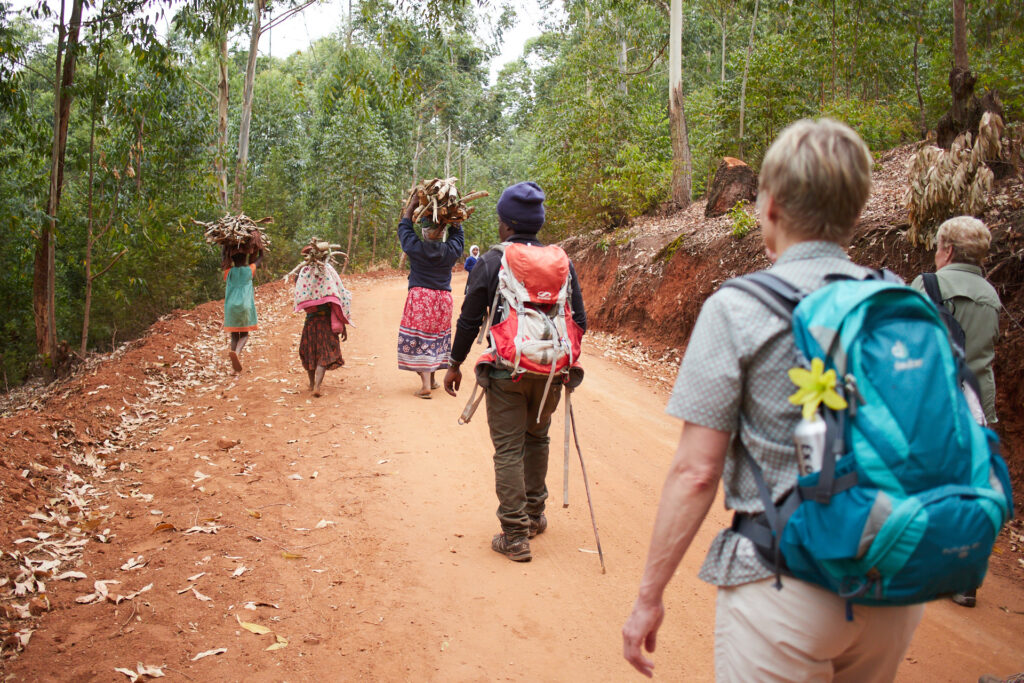
Are you ready to pack your bags?
Embark on an adventure with us and discover the beautiful country of Tanzania. We will do our best to help you enjoy an unforgettable experience.
